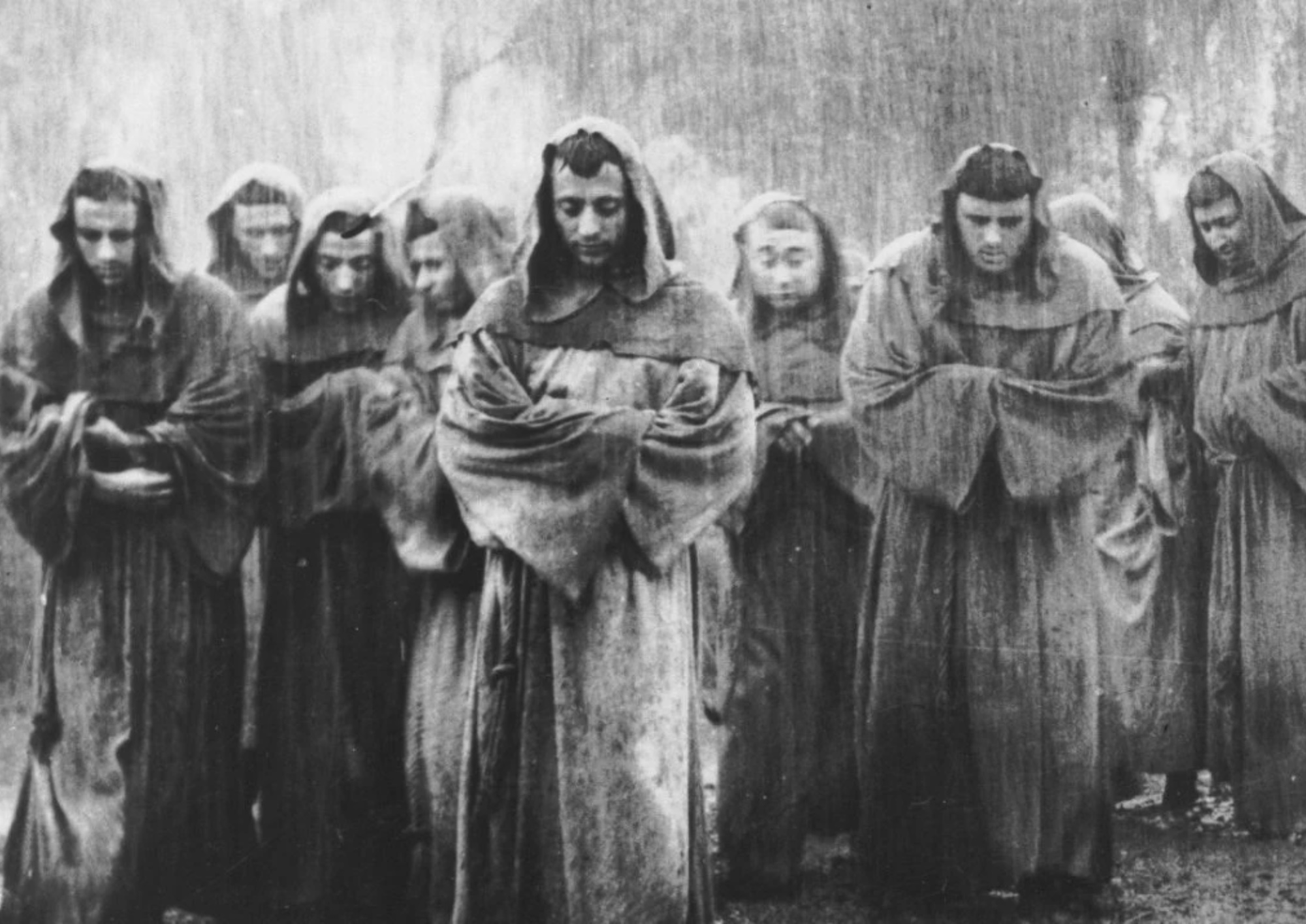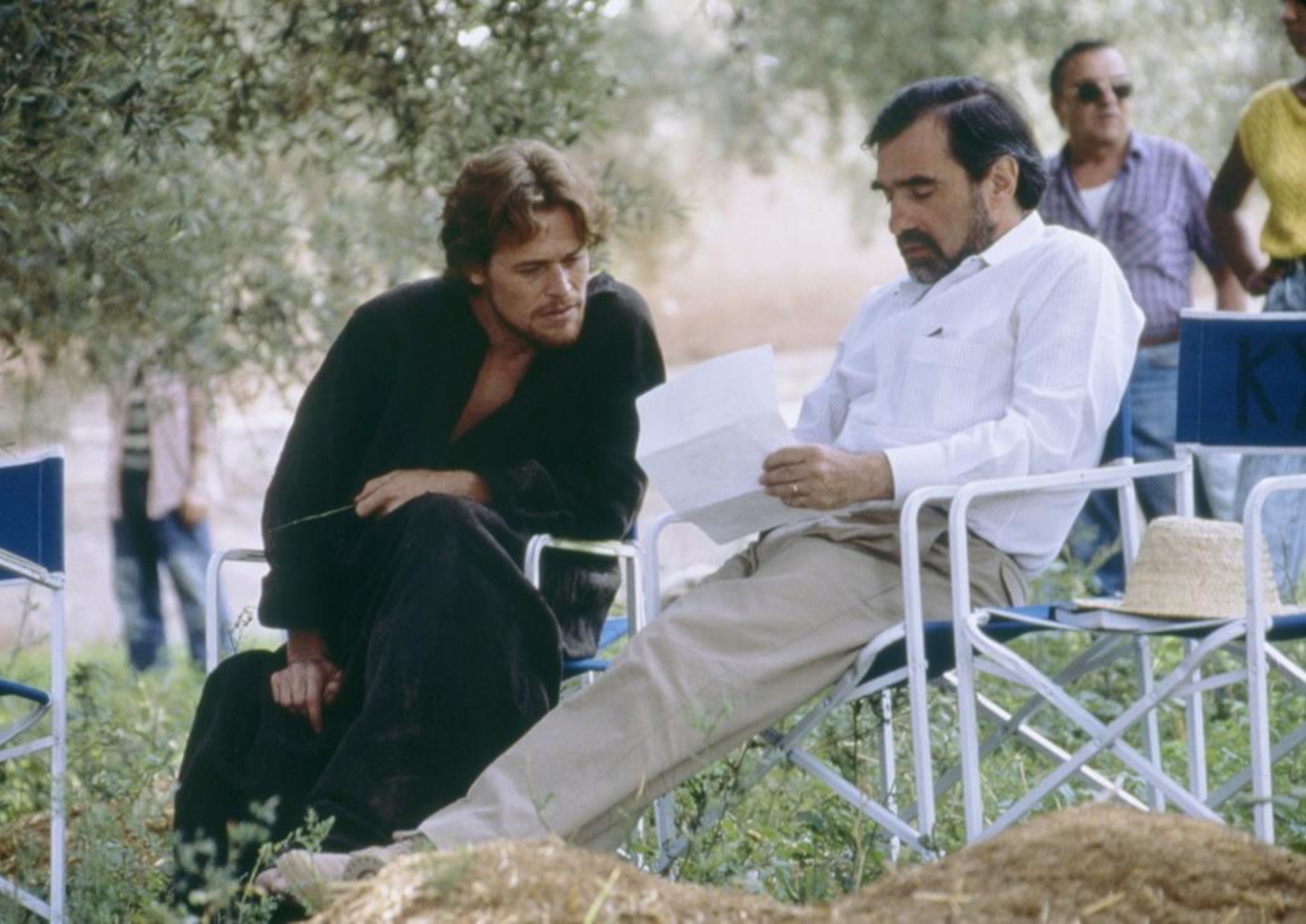Easter Sunday Double Feature
Roxy Cinema presents two renowned films that offer unique perspectives on faith, temptation, and redemption.
The Roxy Cinema will be exploring an interesting double feature on 35MM this Easter Sunday with Martin Scorsese’s 1988 film, The Last Temptation Of Christ, and Robert Ronsellini’s 1950 film, The Flowers Of St. Francis.
The Last Temptation of Christ and The Flowers of St. Francis are two films that offer unique perspectives on faith, temptation, and redemption. While The Last Temptation of Christ is a provocative and controversial interpretation of the life of Jesus Christ, The Flowers of Saint Francis is a gentle and contemplative portrayal of the life of Saint Francis of Assisi. Both films are powerful meditations on the human condition and the spiritual journey and offer valuable insights into the nature of faith and the challenges we face in life.
Despite the controversy, The Last Temptation of Christ is a deeply thought-provoking film that explores the human side of Jesus and the challenges he faced as both a man and a divine figure. The film shows Jesus struggling with doubt and fear, as well as the weight of his destiny as the son of God. The Last Temptation of Christ is a powerful meditation on the nature of faith and the human experience of suffering interpreted for the screen by Paul Schrader based on the book by Nikos Kazantzakis. The film is directed by Martin Scorsese and stars Willem Dafoe as Jesus.
In contrast, The Flowers of St. Francis, directed by Roberto Rossellini and released in 1950, is a gentle and poetic film that explores the life of Saint Francis of Assisi, played by Nazario Gerardi. The film is based on a series of legends and stories about Saint Francis and his companions, who lived a life of poverty and simplicity in service to God. The Flowers of Saint Francis is a beautiful and meditative film that captures the spirit of Saint Francis and his love for nature and all living things. This film celebrates the beauty of simplicity and the power of love and compassion. It inspires us to live with greater compassion and to find joy in the small moments of life.
An interesting meditation and reflection on a double feature is combining a controversial and provocative film with a film that was loved and celebrated by the Vatican and one that was not. However, both films are important as they encourage us to think critically and engage with difficult issues. These films can spark conversations and debates and help us to better understand ourselves and the world around us. By presenting differing perspectives, this helps to promote empathy and understanding for those with different beliefs and experiences. It allows us to seek out new knowledge and information. This hopefully inspires meaningful dialogue and new thought.





